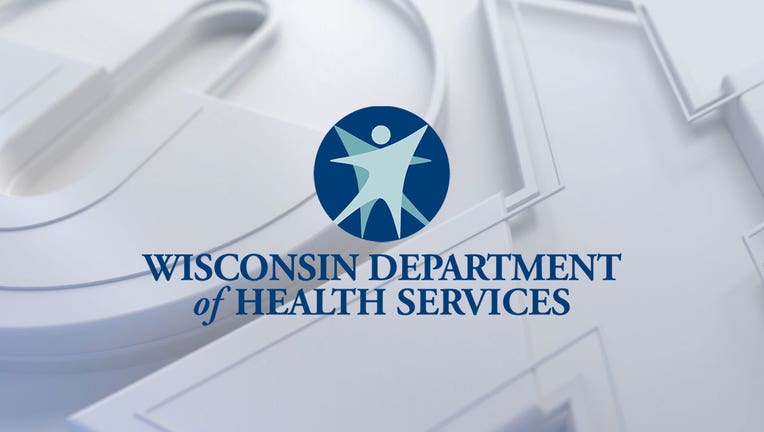Wisconsin 1st RSV pediatric death; vaccination urged by officials

MADISON, Wis. - The Wisconsin Department of Health Services confirmed the first pediatric death from a respiratory illness. The death is a result of Respiratory Syncytial Virus, or RSV.
According to DHS, influenza, RSV, and COVID-19 are circulating at significant levels in Wisconsin, with RSV activity increasing among children under 5 years old, and influenza sharply increasing in school-aged children.
DHS officials encourage all Wisconsinites, especially children, older adults, and people who are pregnant, to get vaccinated against respiratory illnesses as soon as possible and follow good prevention practices, including washing your hands.
SIGN UP TODAY: Get daily headlines, breaking news emails from FOX6 News
A news release says people ages 60 and older, who are pregnant, and caregivers of children younger than 19 months should contact their health care provider to determine if RSV vaccination or preventive treatment is recommended for them. There are two options to protect children.
- An RSV vaccine (Abrysvo) for pregnant people between 32 weeks and 36 weeks of pregnancy during RSV season. The vaccine provides antibodies for newborns until they are 6 months old.
- A monoclonal antibody shot (Nirsevimab) for children younger than 8 months and born during, or entering, the RSV season. Nirsevimab is also available for children between 8–19 months and entering their second season of RSV and who are at an increased risk of severe RSV disease.
Officials say there is a shortage of the monoclonal antibody (Nirsevimab) this season, but there is enough supply of the vaccine for pregnant people.
FREE DOWNLOAD: Get breaking news alerts in the FOX6 News app for iOS or Android.
In addition to the RSV vaccine, DHS urges everyone 6 months and older to get the flu vaccine and updated COVID-19 vaccine. It is especially important for people who are at greater risk of becoming seriously ill, such as those who are pregnant, age 65 and older, and those with chronic health conditions.
Getting vaccinated
Wisconsinites can find locations offering the flu and COVID-19 vaccine by visiting vaccines.gov or calling 211 or 877-947-2211.
Taking the following steps can also help stop the spread of germs and increase your protection:
- Wash your hands often with soap and water for 20 seconds.
- Avoid touching your nose, eyes, and mouth.
- Stay home and away from others if you feel sick.
- Avoid being around others who are sick or have respiratory illness symptoms.
- Cover your nose and mouth when you cough or sneeze and encourage children to do the same.
- Wear a high-quality mask around others to prevent the spread of respiratory illnesses.
Up-to-date information about the current respiratory virus season can be found in the DHS Weekly Respiratory Report.

